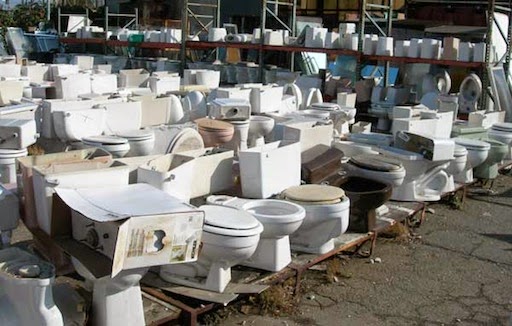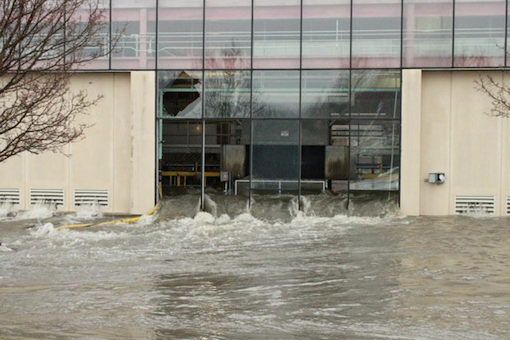
LIST: Flush or fiction? 5 of our favorite toilet bowl myths and legends
Posted by Jared Shepherd
- 4182 Views
- December 4th, 2014
- in Miscellaneous
- No Comments
Handy wipes are flushable: False.
They may say flushable on the package. They are common in bathrooms across the country. But because disposable wipes don’t break down in the sewer system like toilet paper does, they can clog a home’s plumbing and cause major issues in city treatment systems. Throw wipes in the trash rather than the toilet.
A city sewer system failed when the flow surged beyond capacity during a Super Bowl halftime show: False.
It’s a legend that resurfaces every January as teams vie for the big game, but legend is all it is. Green Bay Metro Sewer District said even under the most extreme restroom-rush conditions, the likelihood of a major metropolitan sewer system being unable to handle the flow is slim to none.
Toilet water can splash onto your toothbrush: True.
The Discovery Channel’s Mythbusters team proved aerosol droplets released from a flushing toilet can be shown to affect surfaces in restrooms. But the test also showed the reaches to which fecal bacteria can be found all throughout the house, something we’re well aware of.
RELATED STORIES
- TECH: How do astronauts go to the bathroom in space?
- VIDEO: How does the International Space Station toilet actually work?
- HISTORY: What were bathrooms like in 1776?
- TIPS: 15 things you shouldn’t flush (but probably do)
The rotation of the earth changes the direction water flows around a toilet bowl: False.
Does the direction of a toilet bowl’s spinning water change depending on the hemisphere you’re in? No. The earth’s rotation does cause something known as the Coriolis effect, but the force of a flushing drain is, as How Stuff Works explains, “much too great to be influenced by something as miniscule as a single, 360-degree turn over the span of a day.”
You should flush old or outdated medications down the toilet rather than just throwing them away: False.
Flushing pharmaceutical products is harmful to our water resources. Wastewater treatment plants are unable to remove these medications from the sewage, which means they end up in our waterways. It’s best to drop old and unused medications in safe disposal locations and community collection events so they can be disposed of properly.


